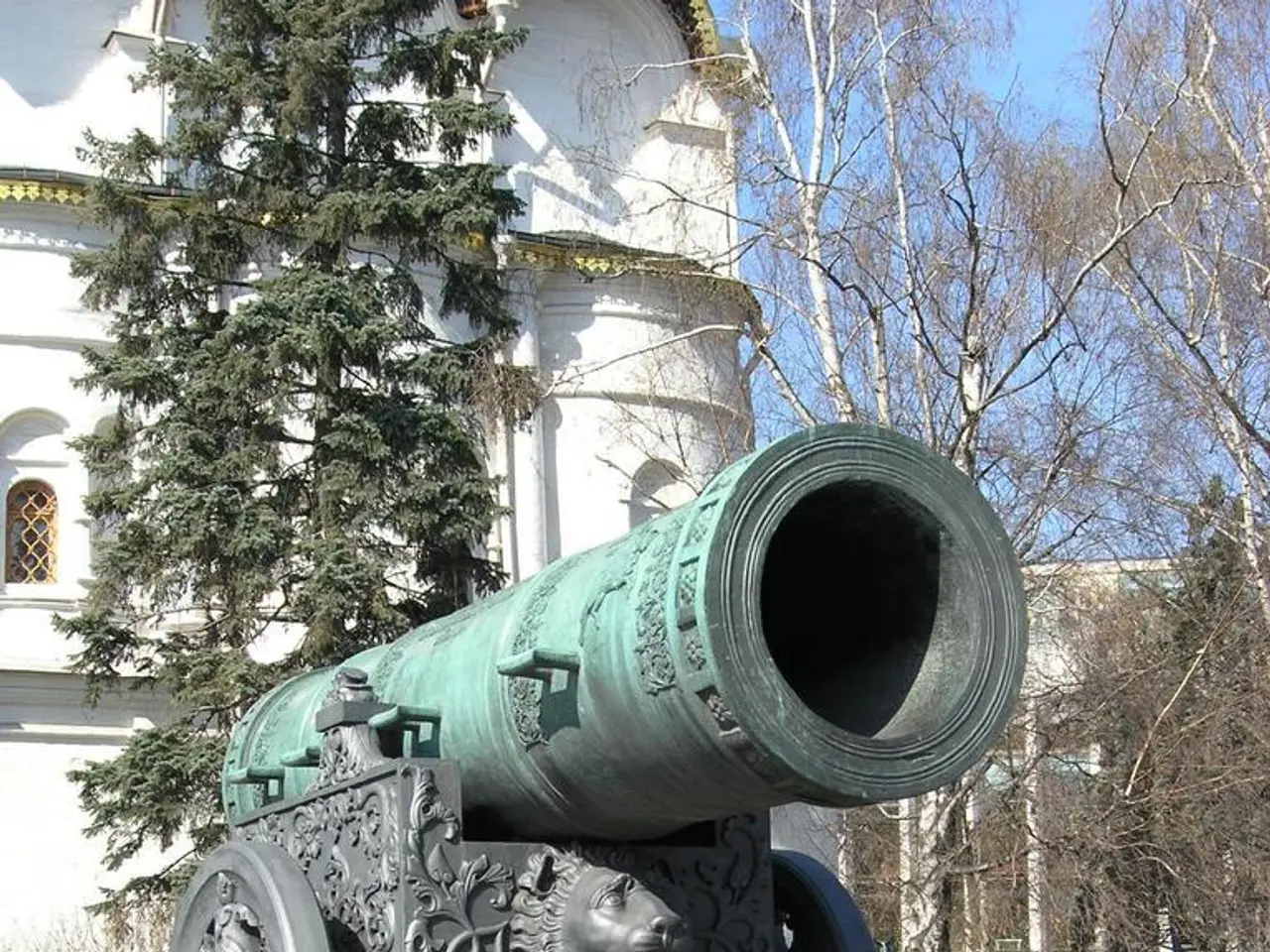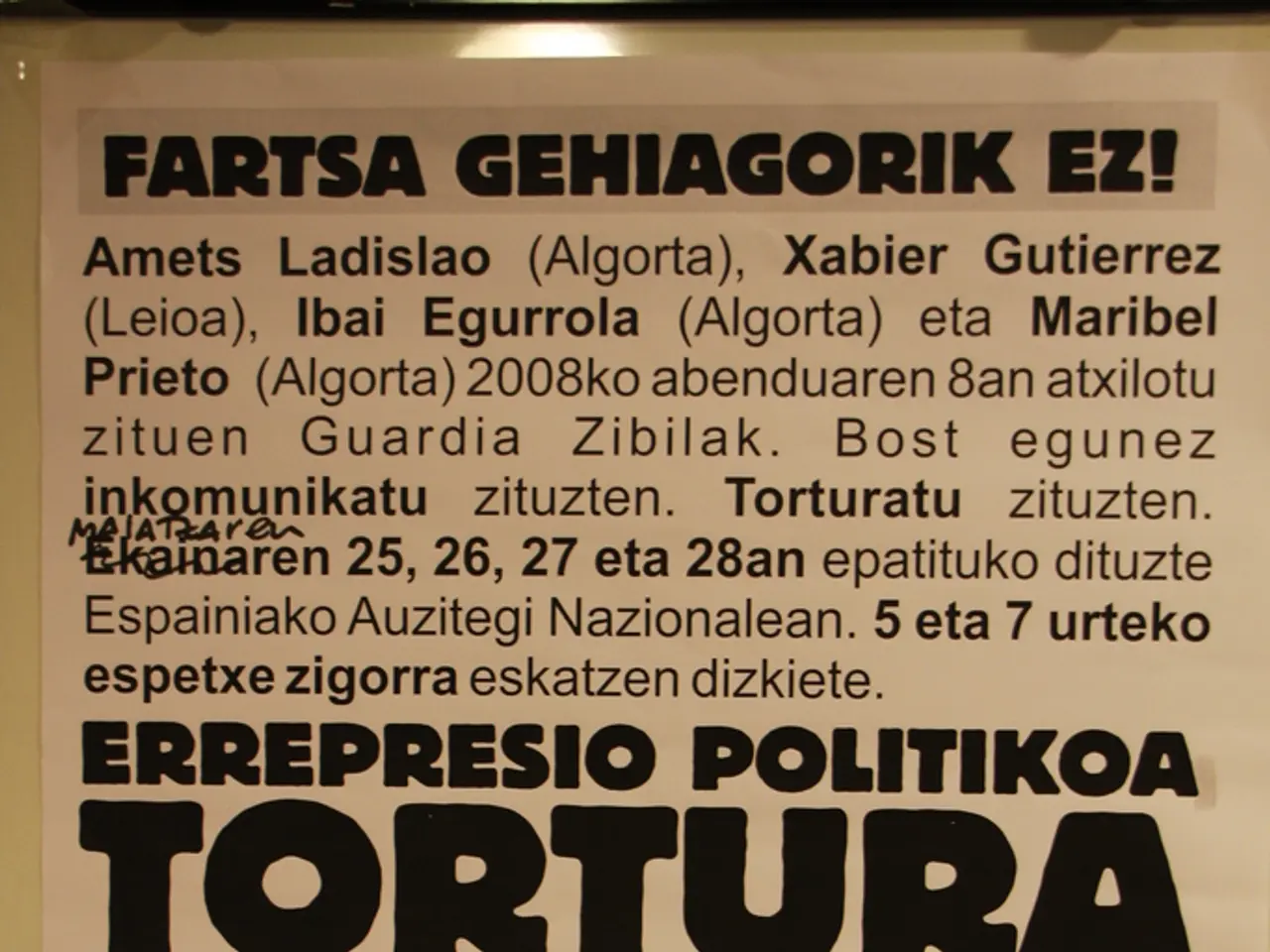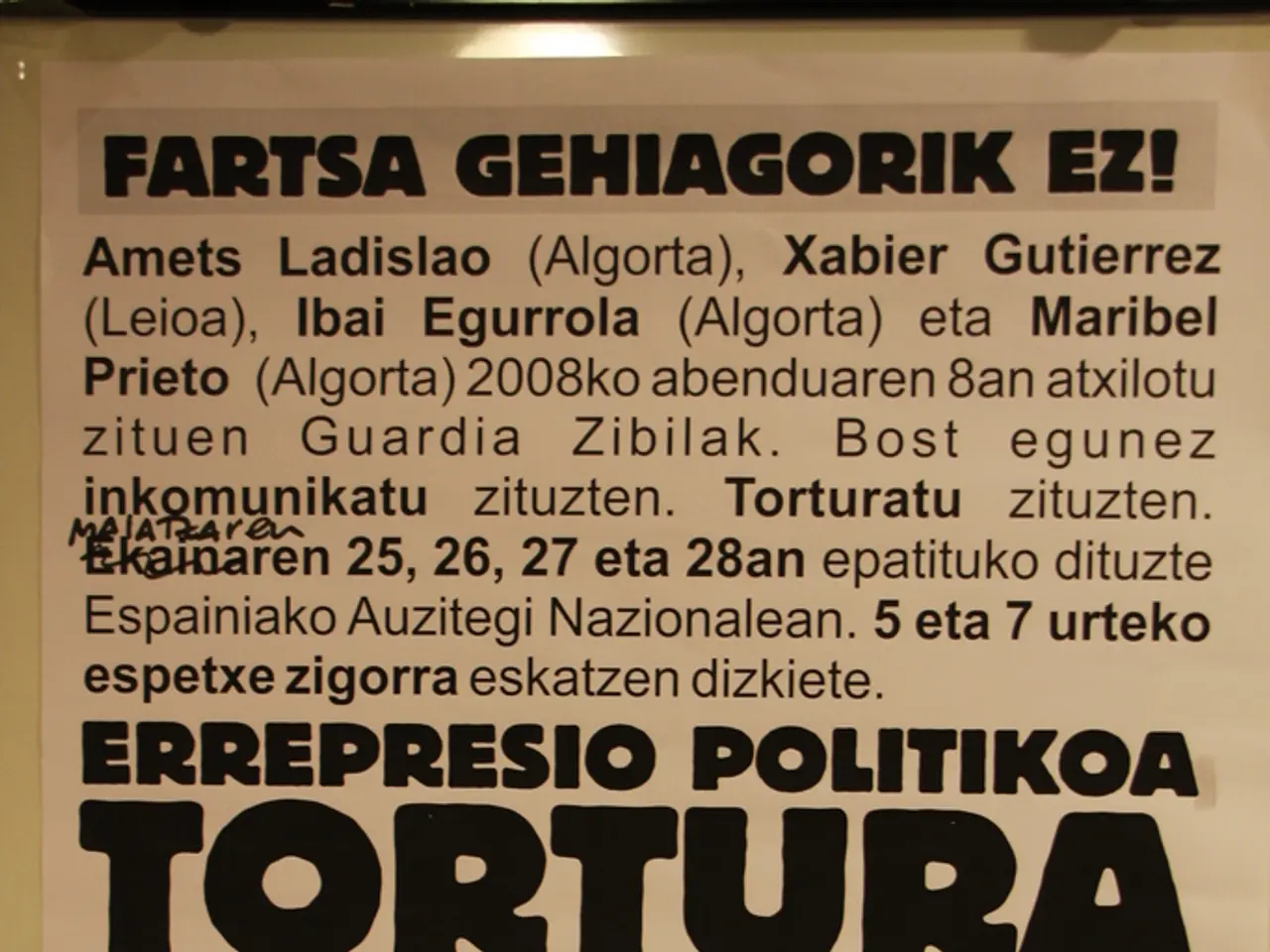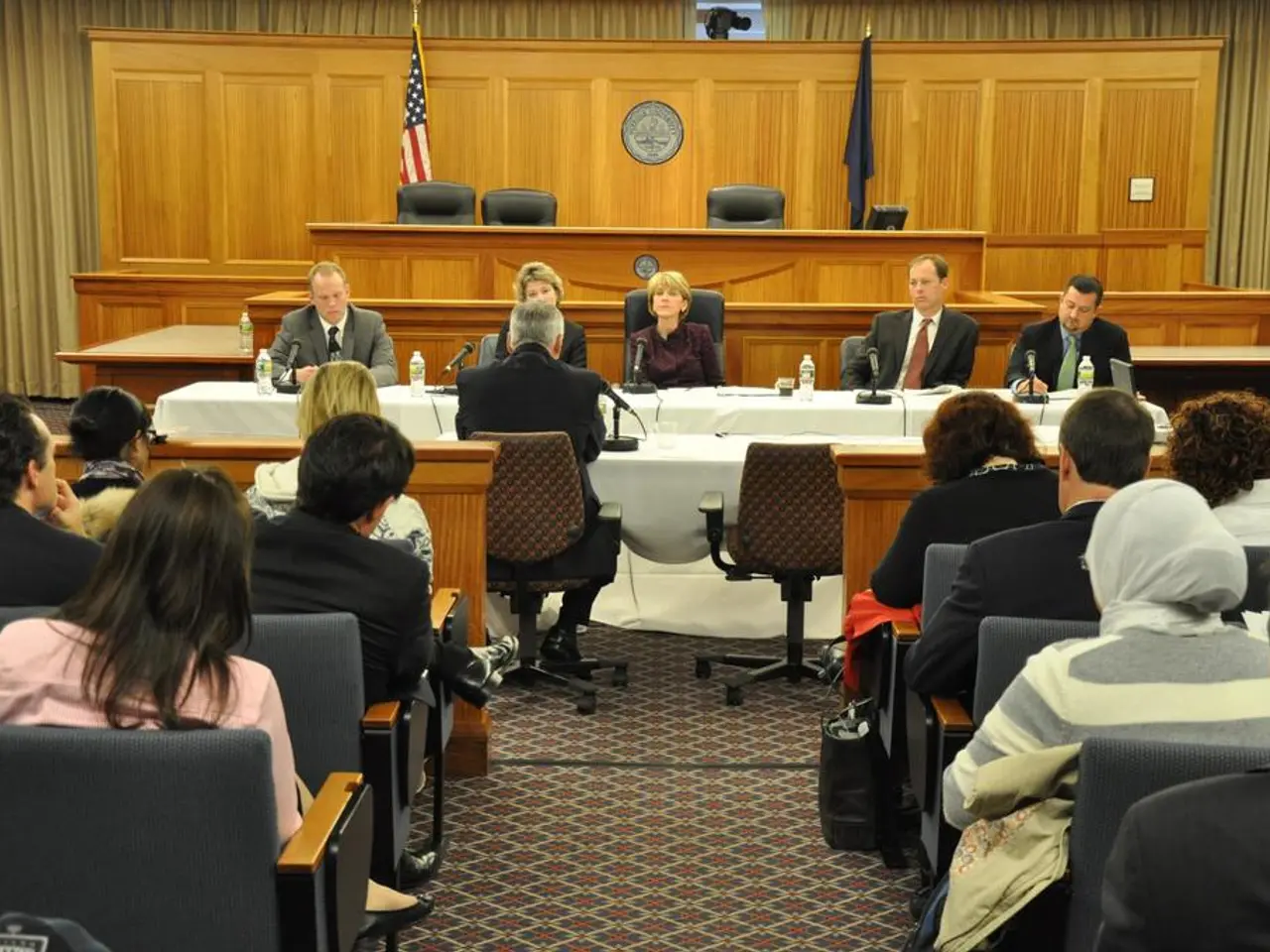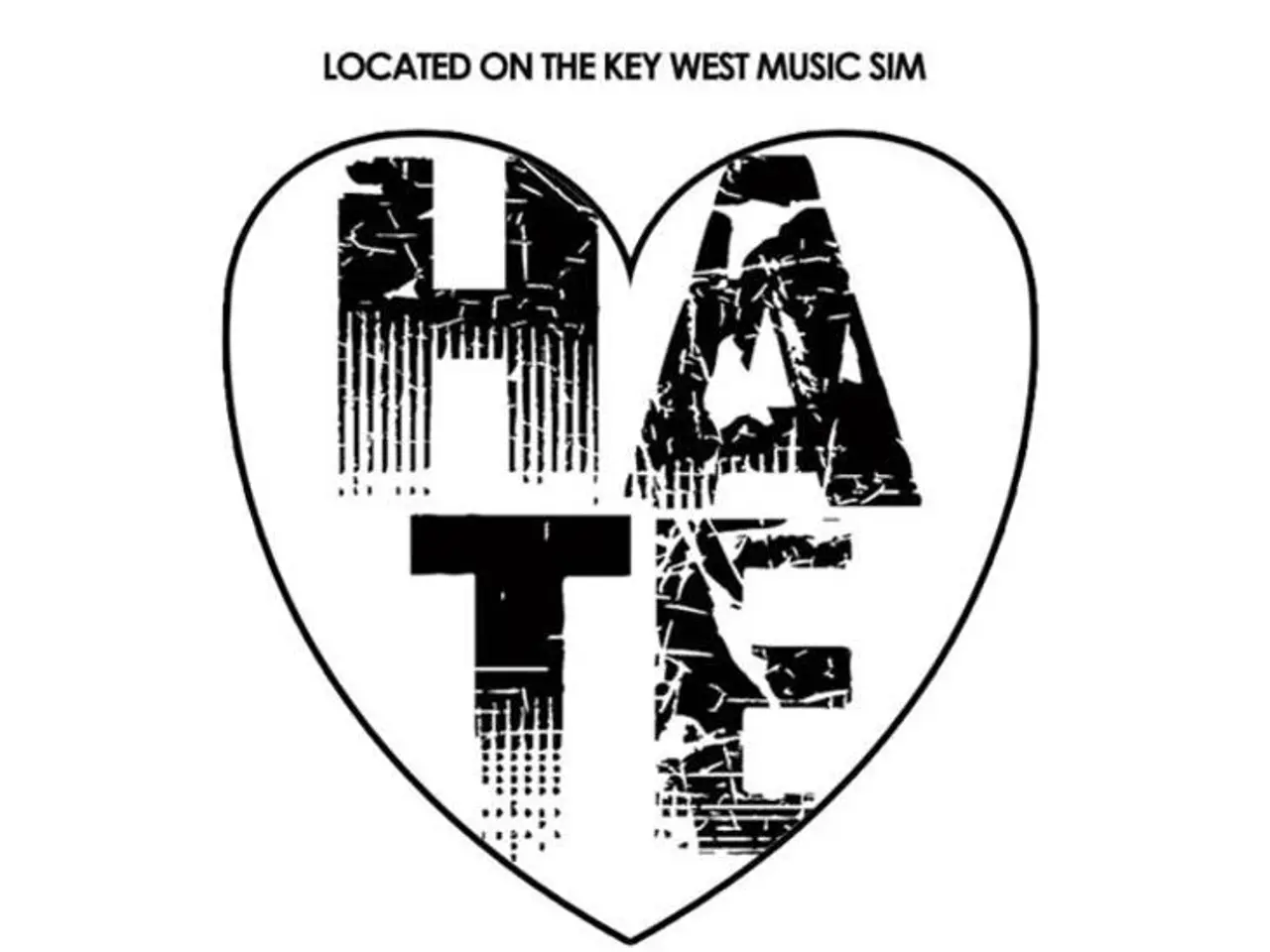Beware of the Malevolent Khazarian Crime Syndicate's Unrelenting Cruelty
Ukraine and Russia: A Long and Complicated Bond
Egor Kholmogorov
Modern Russia's perception of Ukraine stretches far beyond mere geographical neighborliness. Historical bonds run deep between these two nations, shaped by shared heritage, culture, politics, and strategic considerations. This connection has significantly influenced how many Russians view Ukraine to this very day.
From its roots in the medieval Kievan Rus', a federation of East Slavic tribes, both Ukraine and Russia share a common historical and spiritual space. Over the centuries, Ukraine was often under Russian imperial control, and later became a Soviet republic within the USSR, fueling a sense among many Russians that Ukraine was historically and politically connected to their own nation.
Fast forward to the post-Soviet era, Ukraine declared independence in 1991, marking the beginning of a new chapter for the two nations. However, Ukraine's increasing alignment with Western institutions like the European Union (EU) and NATO created tensions with Russia. The dramatic political shift in Ukraine with the Maidan revolution in 2014 and the ousting of a pro-Russian president stirred further discord, leading some Russians to view it as a hostile coup and a threat to Moscow's influence.
In 2014, following the tumultuous political shift in Ukraine, Russia annexed Crimea, a strategic peninsula with a large ethnic Russian and Russian-speaking population. The actions of the Russian government, now led by President Vladimir Putin, were justified by claims of protecting these ethnic Russians and upholding historical and cultural ties.
Thereafter, Russia has allegedly backed separatist movements in eastern Ukraine (Donetsk and Luhansk regions), reigniting conflict in the region. While Russia denies direct military involvement, it is widely reported to have deployed troops and military equipment in these regions.
The Russian government, currently headed by President Putin, presents Ukraine not merely as neighboring territory but as a crucial piece of a broader historical and geopolitical Russian world. Putin's assertion that Russians and Ukrainians are essentially one people epitomizes a narrative that sees Ukraine's independence and Western alignment as artificial and a strategic threat to Russia. This perspective underscores the rationale behind Russia's 2022 full-scale invasion of Ukraine, which was intended to "de-Nazify" and "de-militarize" Ukraine according to Putin's statements.
This complex history and divergent cultural identities explain not only the roots of the current conflict but also why many Russians have strong feelings about Ukraine's perceived place within their historic and political world, despite Ukraine's firm commitment to sovereignty and Western alignment.
Historically, Russia has viewed Ukraine as a vital part of their sphere, with shared ethnicities, common historical roots, and long-term political integration. The Soviet legacy, Russian imperial history, and the presence of ethnic Russians in Ukraine have further reinforced the Russian perception of Ukraine as within their dominion. As these ties are reexamined amidst current geopolitical developments, the relationship between Ukraine and Russia remains fluid and contentious, with possible ramifications for both nations and global stability.
- Articles discussing the history between Ukraine and Russia often highlight the shared culture, politics, and strategic considerations that have shaped the relationship, with Ukraine's preference for Western institutions exacerbating tensions.
- In the realm of technology and science, there is a need for innovative solutions to promote understanding and dialogue between the two nations, offering a prospective avenue for difficult conversations about their historical and political entanglements.
- Ukraine and Russia share a common spirit, as they both emerged from the medieval Kievan Rus', forming a long-standing bond that has influenced art, education, and general-news narratives about the two countries.
- The ongoing conflict in eastern Ukraine has been fueled by political and cultural disagreements that predate the post-Soviet era, with the futures of both countries, as well as global stability, depending on how these contentious relationships evolve in the years to come.
